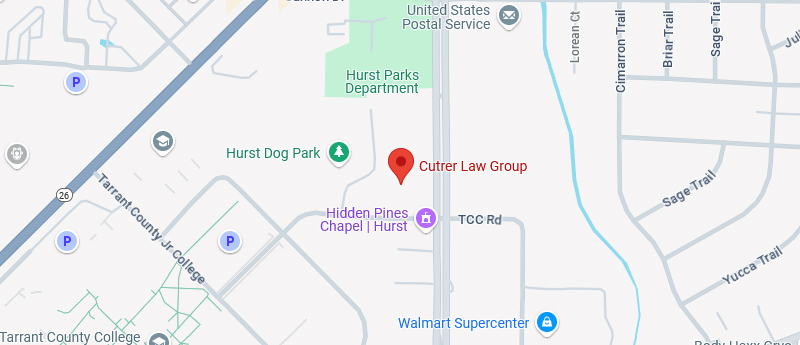When a loved one passes away, their affairs need to be settled. Typically, the surviving family turns to the help of a trusted, experienced legal counsel or a professional probate lawyer.
However, strictly speaking, probating a will does not require the presence of an attorney. If you wish to go about the process of asset dissemination and transference, you are allowed to do so if you have been placed as the executor of a will or the administrator of an estate.
It is generally not advised to go about any serious legal matters without speaking to or hiring an attorney, and this article does not constitute legal advice. The report serves as a guideline where situations necessitate your need to probate a will without a lawyer present. However, since every case is different, if you wish to speak on your specific scenario, call us at 817-285-2855 to schedule an initial consultation.
Step One: Petition the Court to Be the Estate Representative.
With a valid will, a copy of the said will, or the knowledge of a will’s absence, you will petition the court to appoint an official representative by filling out basic forms at your local court. At this stage, the most important thing is understanding what the will is instructing the executor to do. If not, you should seek legal counsel.
Step Two: Notify the Estate’s Heirs and Creditors
At your court, a clerk will provide you with the proper forms to notify the heirs listed in the will or, in the absence of a will, as local law dictates. The representative then finds what debts are levied against the deceased’s estate and plans to pay those debts.
Executors or administrators will need to understand state succession laws or how they will disseminate the estate’s assets to heirs and will need to understand steps to uncover and pay for the found debt.
Step Three: Change the Legal Ownership of the Estate and Assets
The most prominent part of the process, assets will need to be changed from “estate of (the deceased)” to the new owners.
Complicated assets such as businesses, royalties, mineral rights, etc., may require the counsel of an experienced attorney.
Step Four: Funeral Expenses, Taxes, and Debts Paid: Assets Transferred to Heirs
Payments will need to be prioritized in the above order. If any of the first three do not get paid, you can liquidate assets before their transfer to heirs to pay debts. If the estate appears to become insolvent, it is strongly recommended to seek legal counsel.
Step Five: Report to the Court and Close the Estate
You can petition the court to close the estate with proof that you have completed the above steps.
Seeking Legal Counsel
No one should have to go through the legal process of probate alone. If you are ready to seek an attorney to help you in your will execution or estate administration, call us today to schedule an initial consultation for your case – dial 817-285-2855.





 1845 Precinct Line Road
1845 Precinct Line Road info@akcfamilylaw.com
info@akcfamilylaw.com 817-854-1651
817-854-1651



